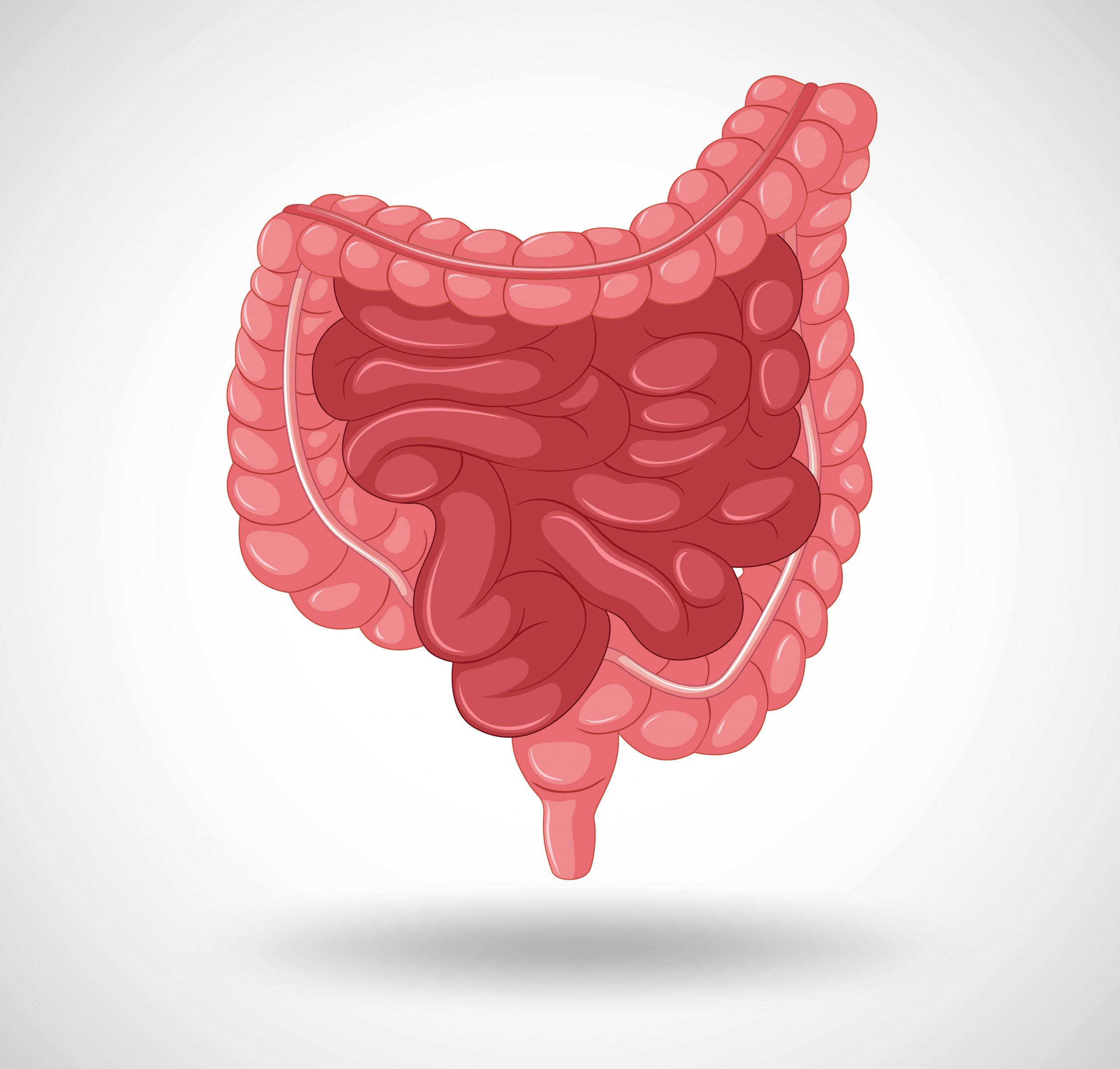

Researchers at the University of Texas Southwestern Medical Center have uncovered an internal mechanism that changes protective intestinal cells into disease-causing pathogenic cells, which could lead to better treatments for individuals with inflammatory bowel disease (IBD).
The study, published in Nature Communications, identified a mechanism by which healthy cells in the gut, known as Th17 cells, are compromised in IBD patients, resulting in inflammation that causes abdominal pain, bloating, and other symptoms, as well as potentially serious long-term complications.
“Th17 cells are essential for maintaining the integrity of the intestinal barrier and protecting against bacteria and viruses. But in patients with IBD, they become pathogenic, creating the inflammation that underlies the disease,” said study leader Venuprasad Poojary, Ph.D., Associate Professor of Internal Medicine and Immunology in the Division of Digestive and Liver Diseases. “Through our research, we now have a better understanding of the intracellular process that converts protective Th17 cells into disease-generating, pathogenic, inflammatory Th17 cells.”
The researchers discovered that when inflammatory bowel disease progresses, a lipid-interacting protein called Raftlin1 interacts to RORt, a transcription regulator in Th17 cells. Raftlin1 draws phospholipids in the body to combine with the RORt, eventually causing Th17 cells to become pathogenic.
Dr. Poojary and his lab have previously undertaken cellular studies relating to IBD.
“Identifying the role of Raftlin1 in facilitating the binding of phospholipids to RORγt is a major step forward in our understanding of the diverse and opposing functions of Th17 cells,” Dr. Poojary said. “It’s an important finding because Th17-targeting therapies have shown promising results with some autoimmune diseases. There is a great need for new pharmaceuticals that can effectively treat IBD, since about a third of patients with the disease don’t respond to existing treatments.”
IBD affects around 3 million Americans, with Crohn’s disease and ulcerative colitis being the most common. Although the condition is similar to irritable bowel syndrome (IBS), IBD patients’ symptoms are caused by inflammation in the GI tract, which is confirmed via a colonoscopy. This inflammation can permanently damage the intestines, cause significant difficulties throughout the body, and increase the chance of colon cancer in patients.
“These findings could serve as a platform for therapeutic strategies to control Th17-mediated inflammation in IBD and other diseases,” Dr. Poojary said.
more recommended stories
 Healthy Habits Slash Diverticulitis Risk in Half: Clinical Insights
Healthy Habits Slash Diverticulitis Risk in Half: Clinical InsightsHealthy Habits Slash Diverticulitis Risk in.
 Caffeine and SIDS: A New Prevention Theory
Caffeine and SIDS: A New Prevention TheoryFor the first time in decades,.
 Microbial Metabolites Reveal Health Insights
Microbial Metabolites Reveal Health InsightsThe human body is not just.
 Reelin and Cocaine Addiction: A Breakthrough Study
Reelin and Cocaine Addiction: A Breakthrough StudyA groundbreaking study from the University.
 Preeclampsia and Stroke Risk: Long-Term Effects
Preeclampsia and Stroke Risk: Long-Term EffectsPreeclampsia (PE) – a hypertensive disorder.
 Statins and Depression: No Added Benefit
Statins and Depression: No Added BenefitWhat Are Statins Used For? Statins.
 Azithromycin Resistance Rises After Mass Treatment
Azithromycin Resistance Rises After Mass TreatmentMass drug administration (MDA) of azithromycin.
 Generative AI in Health Campaigns: A Game-Changer
Generative AI in Health Campaigns: A Game-ChangerMass media campaigns have long been.
 Molecular Stress in Aging Neurons Explained
Molecular Stress in Aging Neurons ExplainedAs the population ages, scientists are.
 Higher BMI and Hypothyroidism Risk Study
Higher BMI and Hypothyroidism Risk StudyA major longitudinal study from Canada.

Leave a Comment